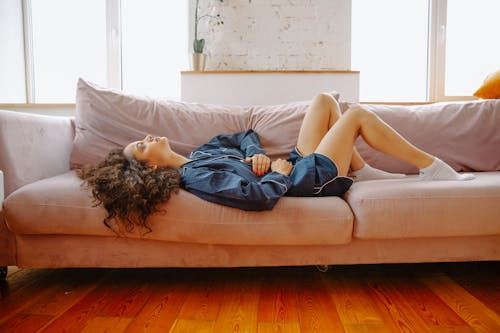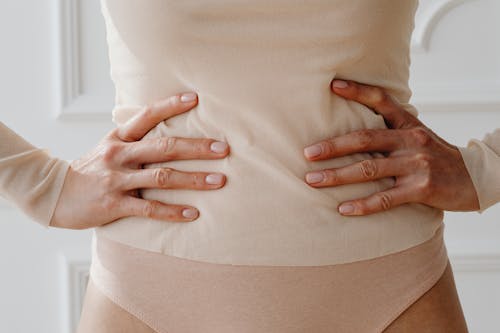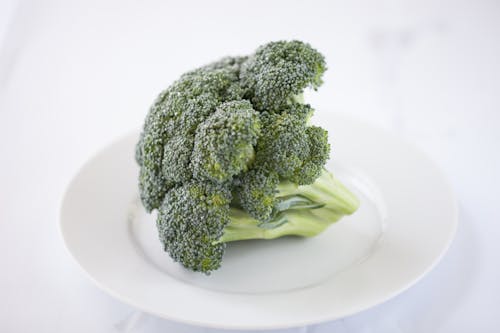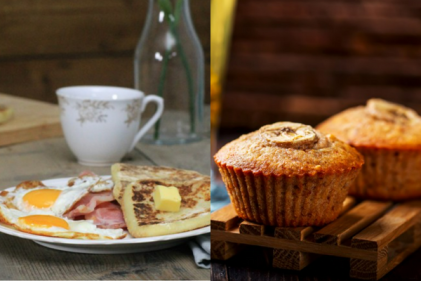We’ve all been there – we leave the house feeling fab in our outfit, comfortable in our own skin and well-fed after a good, sustaining breakfast – only to be totally bloated by 12pm.
Why does this happen? Is it food intolerance? Is it hormones? Does everyone just naturally bloat or is it just us? And what can we do to stop it?
Bloating can feel embarrassing, painful and inconvenient. For some people it can be so bad that they dread going out for meals with friends because the combination of the rich food and dressed up clothing is killer an hour or so after dinner.
Bloating is usually caused by excess gas that builds up after eating, causing feelings of pressure, discomfort and even cramping. It could happen for many reasons;

A sensitive gut -your gut may not have the right amount of certain bacteria, causing food to ferment in the gut and produce gas
Your diet – foods like beans, fizzy drinks, craw cruciferous vegetables and even having food intolerances like wheat sensitivity can case painful bloating
Your eating habits – if you speak a lot while you eat, are stressed while eating or chew gum, it can cause you to swallow air that builds up to form painful bloating.
Digestive conditions – you may be suffering from IBS or other digestive conditions that can cause bloating or gas build up.
A way to figure out which of these may be responsible for your painful bloating is to keep a journal of your food and eating habits. Make note of what foods make you bloat more than others and keep track of your eating habits and how you feel when sitting down to a meal. If you’re worried about food intolerances you should see your GP to be referred for further tests.

With your food tracking, if something like cruciferous vegetables or dairy come to the fore as problem-causing, try cutting them out of your diet for four weeks. The idea is to then slowly re-introduce them to your diet (because usually these kinds of foods are essential nutrients in our diet) in order to build up a tolerance for them. There are ways to cook some of these typically problem-causing foods to make them easier to digest.
cruciferous veg, like broccoli and cabbage
baked beans
dried fruit
pulses and lentils
certain seeds, including fennel and sunflower
dairy foods
Soak beans in water before cooking them and lightly cook cruciferous vegetables before eating to reduce gas – this means no raw kale. Some food that can be gas-inducing however, like sugars and artificial sweeteners can be cut out as they don’t provide essential nutrients.

Some other tips and tricks to manage bloating are:
Watch your fibre intake
Certain fibrous foods can exacerbate bloating if you don’t usually have a large intake of them. Fibre is important for digestive health to avoid getting constipated, but it should be introduced gradually to the diet.
Back up your bacteria
If your gut doesn’t have the right bacteria populations it can lead to painful gas build up. Upping the amount of fermented foods in your diet like sauerkraut can backup the right kinds of bacteria present in your gut.
Regular exercise

Well this is just generally good advice, but keeping active helps you to digest food better, meaning that fitting in a walk, a jog or even a little cycling in the evening after dinner can help with trapped gas.
Hydrate hydrate hydrate
Again, just generally good life advice, but our digestive system slows when it doesn’t have the fluid to back it up. It makes us constipated and lack of fluid means everything will be harder to pass out of you body. 1.5 litres a day is the mark you should be aiming to hit and avoid caffeine as much as possible.
Ginger tea
Ginger tea is hailed as a bit of a cure-all. Known for its anti-inflammatory properties, it calms nausea, warms one up and also can ease bloating by supporting a healthy digestive system. Add a little lemon to it for an added boost of freshness.
Anti-bloat yoga
There are loads of videos from certified yoga instructors out there specifically designed to relieve the pain of bloating and digestive cramps. Originally intended for people suffering from symptoms of IBS, they have been adopted by people the world over who struggle with food intolerances. Yoga with Bird and Yoga with Adriene on YouTube both have digestive routines for relief.







